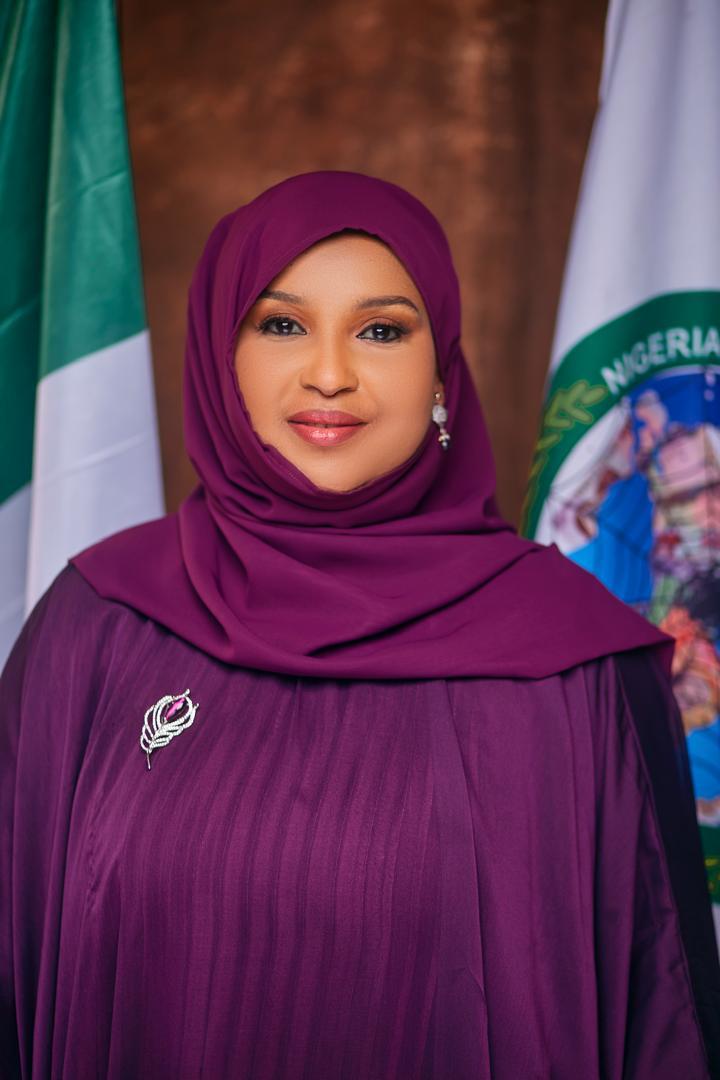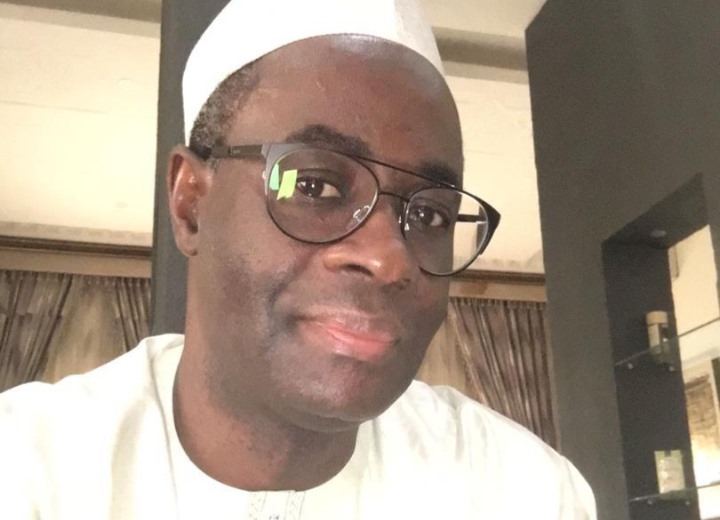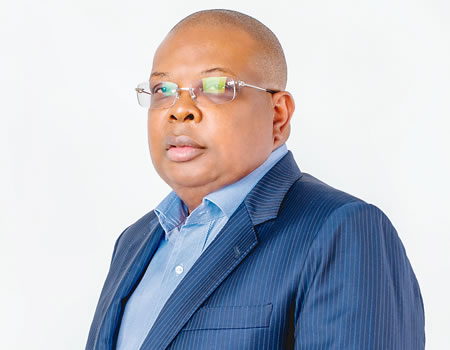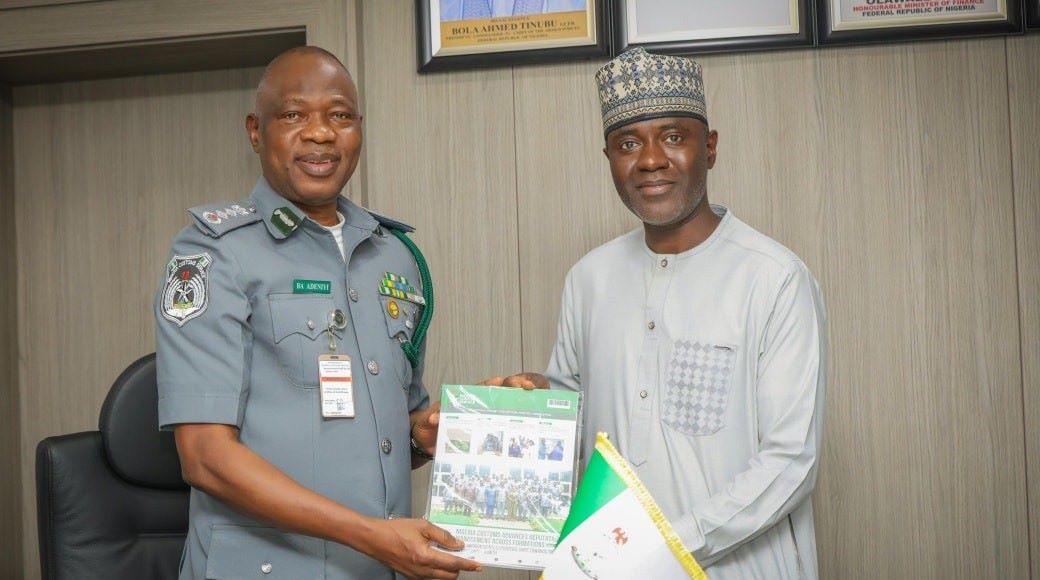
The Nigeria Customs Service (NCS) and the Nigerian Communications Commission (NCC) have pledged to deepen collaboration on monitoring imported communication devices in a move aimed at boosting revenue generation, enhancing national security, and protecting public safety.
Comptroller-General of Customs (CGC) Adewale Adeniyi committed on Tuesday, September 30, 2025, while receiving the Executive Vice Chairman and Chief Executive Officer of the NCC, Dr. Aminu Maida, and his team at the Customs House in Maitama, Abuja.
Adeniyi noted that the Service was prioritising not just revenue collection but also the security risks posed by unchecked importation of mobile devices and telecom equipment. He stressed that synergy with the NCC would strengthen monitoring systems and ensure only authorised and certified devices enter the Nigerian market.
“Technology-related imports such as mobile phones, network boosters and telecom equipment must be subjected to proper certification and classification under the Customs tariff regime. This will ensure that only authorised importers bring such items into the country,” Adeniyi said.
He further disclosed that the NCS would partner with the NCC to train officers on certification processes and align tariff codes with regulated devices, adding that “both for effective security and revenue, we will be committed to deepening collaboration.”
Beyond imports, the CGC also highlighted the need for joint efforts in maintaining safety around critical facilities in densely populated areas, particularly high-rise buildings, places of worship, and sensitive institutions in Abuja.
Earlier in his remarks, NCC’s Executive Vice Chairman congratulated Adeniyi on his recent election as Chairperson of the World Customs Organisation (WCO) Council, describing it as a global recognition of his leadership.
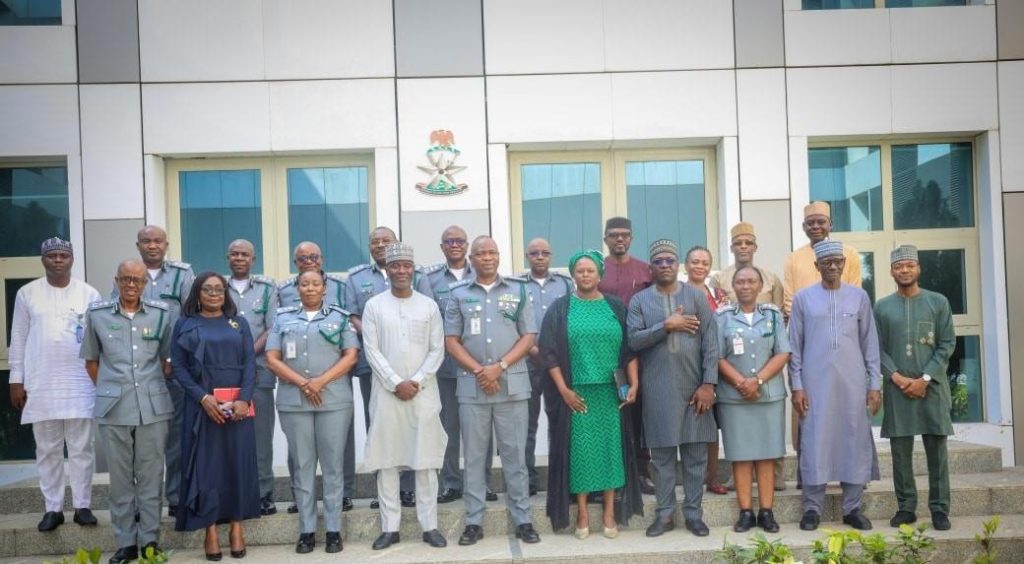
Dr. Maida explained that the NCC’s Device Management System (DMS), which tracks imported phones and blocks substandard ones, would help Customs boost revenue while ensuring better service quality for telecom subscribers.
“One of the least understood factors affecting service quality is the device itself. If a subscriber uses a substandard phone, no matter the investments made in network infrastructure, service quality will remain poor. That is why the DMS project is critical,” he said.
He also raised concerns over the proliferation of uncertified network boosters, which, though beneficial to individuals in some cases, distort signals and degrade overall network quality. He called for Customs’ cooperation in restricting such imports and allowing only approved devices into the market.
Maida assured that the NCC would continue to sustain its collaboration with Customs, noting that both agencies have a shared responsibility to address revenue leakages and safeguard consumer interests.


